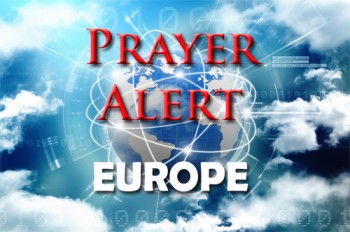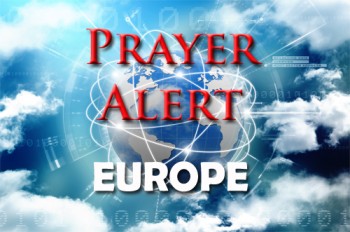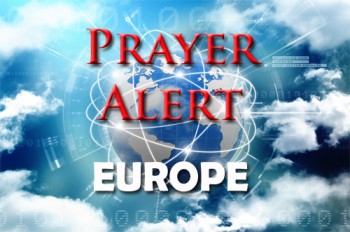Displaying items by tag: Croatia
Ukraine: Zelensky optimistic as he meets different leaders
Volodymyr Zelensky has expressed optimism that the current battlefield dynamics could create a chance to end Russia’s invasion by 2025. Speaking at a summit meeting in Dubrovnik, Croatia, he highlighted the importance of Ukraine’s allies, particularly the USA, in achieving peace and long-term stability. He noted that October, November, and December present ‘a real chance’ for decisive action, but did not explain how that would happen. Russian forces now hold nearly 20% of Ukraine's territory, and are closing in on another key town, Toretsk. Zelensky also called for Ukraine’s integration into NATO as a means to strengthen its position in any potential negotiations with Russia. At the time of writing he is in London, to meet Keir Starmer and Mark Rutte, NATO’s secretary general, and will then fly to Rome to meet Pope Francis.
Croatia: earthquake rocks Zagreb
On 22 March a 5.3-magnitude quake, the largest in 140 years, brought panicked residents out into the streets at 6am. The interior minister told people, ‘Keep your distance. Don't gather together. We are facing two serious crises, the earthquake and the epidemic’. Many buildings cracked, with walls and rooftops damaged. Zagreb cathedral and parliament buildings were among the damaged structures. The earthquake prompted residents to flee to holiday homes on the coast: the police closed motorways and set up control points to prevent coronavirus spreading.
Croatia: faith mixed with corruption
Many Croatians inhabit the land of the Dalmatian coast which in the 20th century became part of Yugoslavia. The region of Dalmatia is mentioned in the Bible, when Titus left Paul to go there. Croats had access to the Gospel very quickly, and different orders of Roman Catholicism worked among the people. For centuries Croats considered themselves Roman Catholic. Croatia nurtures religious freedom: there are Roman Catholic cathedrals and churches, Orthodox churches, Protestant churches, Islamic mosques, and other minority religions. However, the biggest problem is corruption. ‘Giving favours’, as it is called, is the way of thinking for many. Unfortunately, they do not consider it sinful or recognise the consequences of it for society in general.


